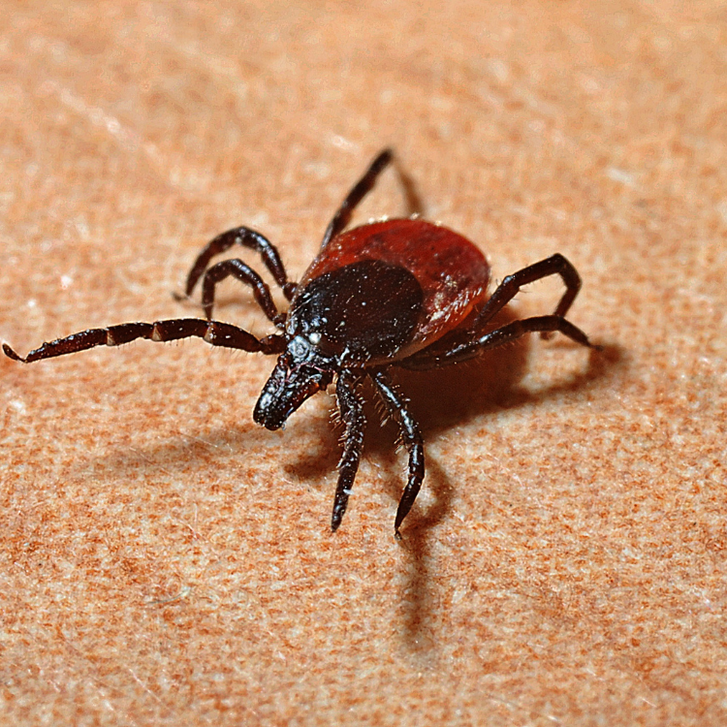Lyme disease is a bacterial infection caused by the bacterium Borrelia burgdorferi, which is transmitted to humans through the bite of infected ticks. It is a complex illness that can affect multiple body systems, causing a wide range of symptoms including fatigue, joint pain, muscle aches, and neurological issues. In many cases, the disease can be challenging to diagnose and treat, making it important to understand the role of nutrients like glutathione in managing the symptoms of Lyme disease.
Glutathione is an antioxidant that is found naturally in the human body. It is known for its ability to neutralize harmful toxins and protect the cells from damage. In addition, glutathione plays a crucial role in supporting the immune system, helping to prevent infections and diseases. When it comes to Lyme disease, glutathione may help to improve the symptoms of the illness by supporting the immune system and reducing oxidative stress.
Researched Nutritionals Tri-Fortify provides the preferred reduced L-glutathione, the major intracellular antioxidant essential for detoxification in the body, plus vitamin C, in an absorbable liposomal delivery system in two great flavors, orange and watermelon.
Their unique liposome structure allows it to combine effectively with the body's natural fluids and penetrate its protective membranes, bypassing the digestive system and directly entering the blood stream.
By utilizing liposomal delivery, you are avoiding the process of digestion, nutrient absorption and utilization is much quicker and more complete.
One of the main challenges in treating Lyme disease is the persistent presence of toxins in the body. The bacterium that causes Lyme disease produces toxic waste products that can cause oxidative stress, which can lead to inflammation, fatigue, and other symptoms. Glutathione has been shown to help neutralize these toxins, reducing oxidative stress and improving symptoms of Lyme disease.
Another important factor in the treatment of Lyme disease is the role of the immune system. When the body is exposed to toxins, the immune system can become weakened, making it more difficult to fight off infections. Glutathione has been shown to help boost the immune system, making it more effective in fighting off infections like Lyme disease. Additionally, glutathione can help to reduce inflammation, which is a common symptom of Lyme disease.
In conclusion, glutathione is a key nutrient that plays an important role in the treatment of Lyme disease. By neutralizing toxins, supporting the immune system, and reducing oxidative stress, glutathione can help to improve the symptoms of Lyme disease and support the body in its fight against this challenging illness. It is important to speak with a healthcare professional before starting any new supplement regimen, especially if you are being treated for Lyme disease.

